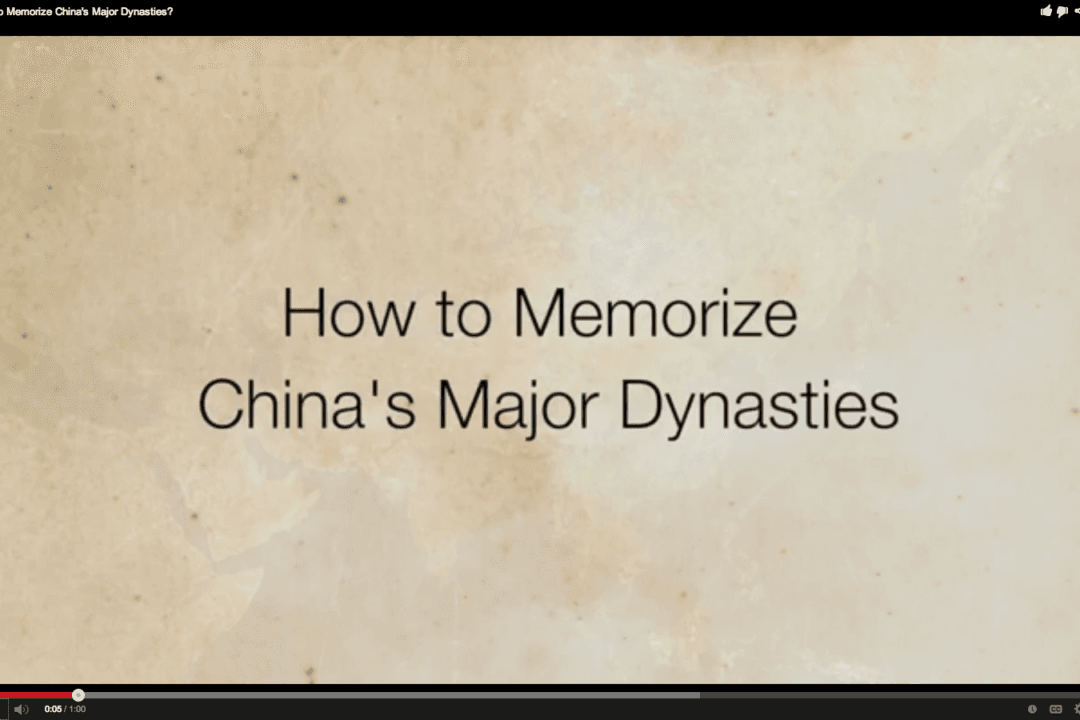It’s like clockwork in China: the Communist Party holds a large political meeting in Beijing, and all around the country security forces are mobilized to arrest, harass, and detain, anyone considered a threat to what the Party calls stability. This is often mixed with directed propaganda messages to media, and censorship on what they can and cannot report.
A few days before the “Two Meetings” in Beijing, which began on March 3 and will run for about two weeks, targets for arrests have included dissidents, lawyers, and intellectuals. Propaganda messages have aimed to ensure earnest coverage of the positive achievements of the communist regime, while erasing news that could be considered unflattering—like these mass arrests, or protests around China.
The Two Meetings refers to the convening of the National People’s Congress, often described as the Party’s rubber-stamp legislature, and the Chinese People’s Political Consultative Conference, which purports to act as an advisory body for the Party. China Central Television, the mouthpiece for broadcast propaganda, has reported heavily on the “people’s representatives” (with a focus on those from humble origins) that are now streaming into Beijing for the conclaves.
Across the country, the regime’s security agents have also been very busy. The website Chinese Human Rights Defenders has documented a litany of abuses, in a long article dated March 3.
An activist named Zhang Lin and her nine year old daughter were arrested, detained, and denied food; in Jiangxi Province, Li Sihua, who had attempted to be an independent candidate in a local election process, was dragged away from home, where he acts as a caretaker for his elderly mother, to be detained; and in Beijing the usual suspects have been locked inside their homes or arrested by security forces, including the activists and lawyers Hu Jia, Xu Zhiyong, Wang Yonghong, and others.
He Depu, a democracy activist, told Radio Free Asia that police had planted themselves in front of his home from Feb. 25—a week before the events in Beijing were to begin. “Whenever I want to go out, I have to travel with them, so I’m not able to move freely. It’s the same every year,” he told RFA.
Huang Yan, a female activist who once helped the now-imprisoned human rights lawyer Gao Zhisheng, has also been harassed and put under house arrest. She was originally scheduled to go to Beijing for surgery for cancer, but was confined to her home by police and had her plane ticket cancelled, according to Hu Jia.
Amidst the liberal use of coercion to suppress “sensitive” individuals, the Party has also had recourse to media control and propaganda. A circular from the Central Propaganda Department, translated by China Digital Times, lists 10 dos and don’ts for media during the Two Meetings period. Do: “Republish reports from authoritative [i.e. official] media sources.” Don’t: “Report or comment on the financial disclosures of officials.”
During the course of the meetings, official Chinese media agencies, and to a lesser extent the autonomous web portals from which most Chinese get their news, will be flooded with images and videos of colorfully-dressed delegates from ethnic regions, peasant farmers-cum-political representatives, and earnest cadres discussing the finer points of public policy.
Sun Wenguang, a former university professor in Shandong and observer of Communist Party politics, said in an interview with RFA that most of the delegates to the two meetings “have no intention of changing anything in society,” because they typically benefit from the system themselves. “They just perform at the sessions, and adopt the official point of view,” he said. “They look like they’re asking questions, but most of them are totally empty or fake.”




